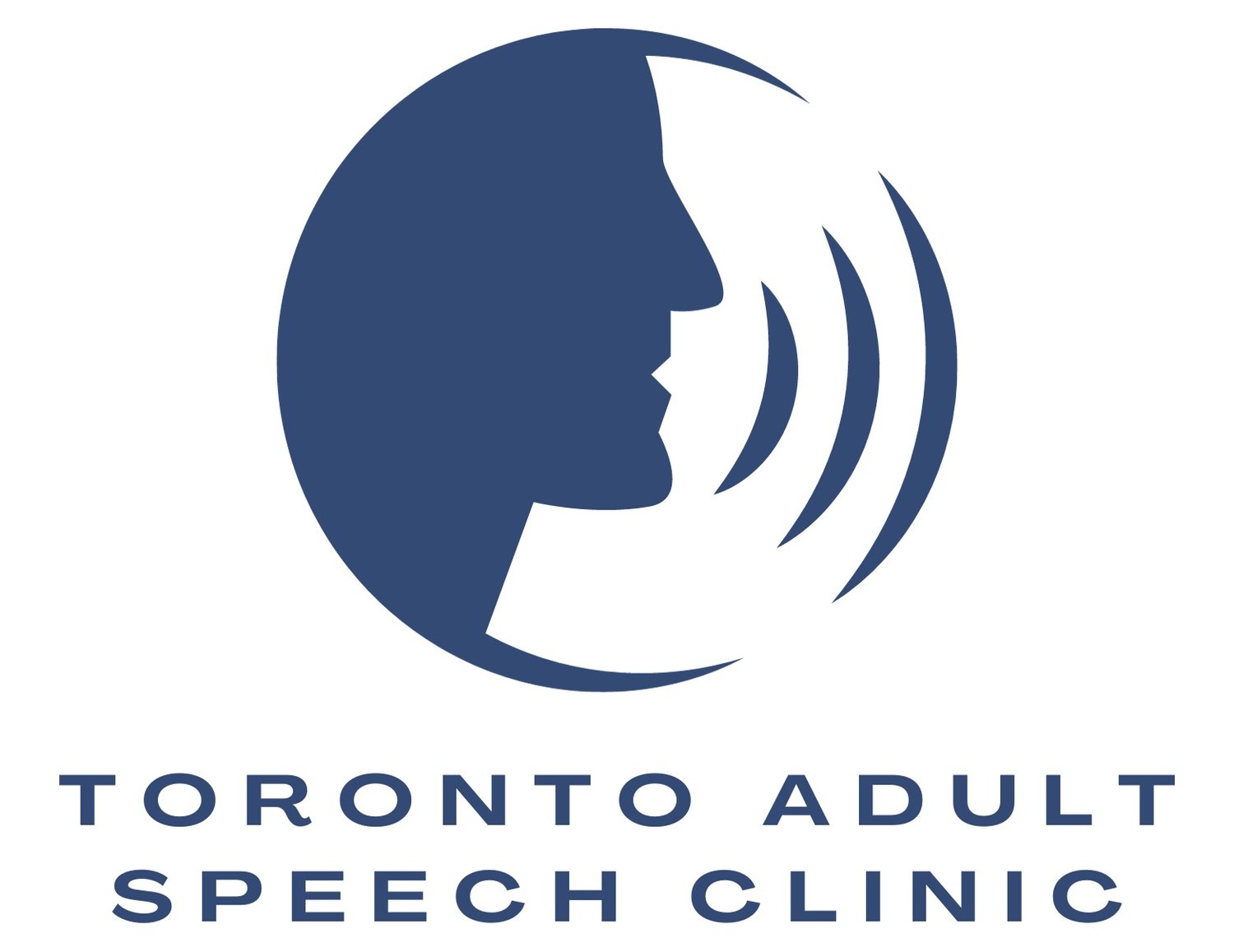Stuttering Therapy
Stuttering (sometimes referred to as "stammering") is considered a "fluency disorder," which means that someone who has a stutter experiences "dysfluent," "disconnected," or "hesitant" speech. While the origin of stuttering is still unknown, its effects are well-known to many, particularly following the popularity of the movie "The King's Speech." Unfortunately, stuttering can impact more than just a person's speech. A person who stutters may also feel a level of anxiety in situations where they have to speak due to the unpredictability and lack of control they feel they have on their speech. Anxiety of a person who stutters may limit their ability and even motivation to interact with others. Furthermore, this anxiety often worsens the severity of the stutter during communication attempts, making it more and more difficult for a person who stutters to communicate effectively. Many clients who stutter report feeling that their stutter has a negative impact on their personal, educational, and professional growth.
A stutter can be characterized by the following:
- A feeling of "blocked speech" or difficulty getting words out
- Prolongation of certain sounds (often "th," "s," and "f," to name a few)
- Repetition of sounds ("s...s...s...some")
- Repetition of syllables ("some...some...somewhere")
- Repetition of words ("somewhere...somewhere...somewhere")
- Repetition of phrases ("somewhere over...somewhere over... somewhere over the rainbow")
- Speech accompanied by uncontrolled facial grimaces, mouth movement, neck, shoulder, arm, hand, or other physical gestures
- Associated communication anxiety
- Greater difficulty talking on the phone than in person
- Greater difficulty talking to people of authority
Typically, the more of these characteristics a person has, and the more frequently they occur indicate how severe a stutter is for an individual.
Treatment for a stutter at TASC is based on the most current literature in the field of fluency disorders. We believe that it is important to address not only the stutter, but the attitudes and perspectives of the person who stutters. In doing this, a person who stutters can be empowered to take back control of their speech and not feel controlled by their stutter.
If you are an adult who stutters, you may have received treatment as a child that focused on using strategies to improve the fluency of your speech while hoping you would "outgrow" the stutter. Or maybe you did notice your stutter go away for the majority of puberty but it re-emerged in adulthood. Or you may have never received treatment for your stutter but feel it has gotten worse recently, seemingly out of nowhere.
Whatever the history of your stutter may be, there is hope. While literature currently suggests it is rare that an adult is "cured" of a stutter, with help from a speech-language pathologist a stutter can be managed and you can take back control of your speech.
Contact TASC today and book your consultation to start seeing how we can help you take back control of your speech.
